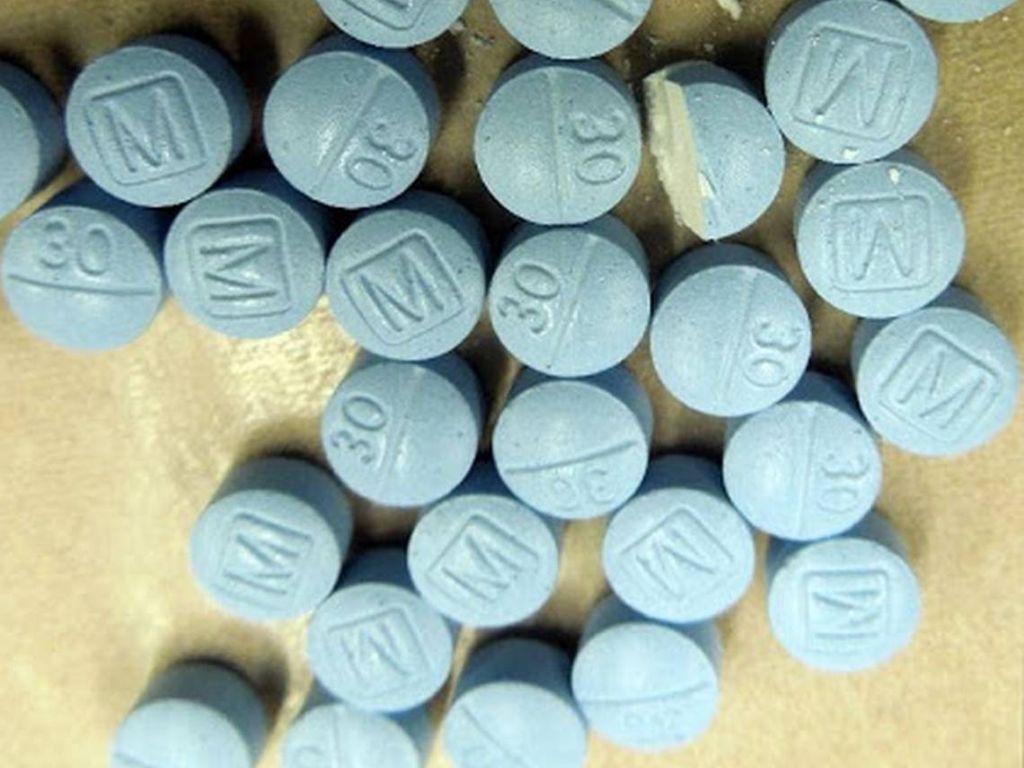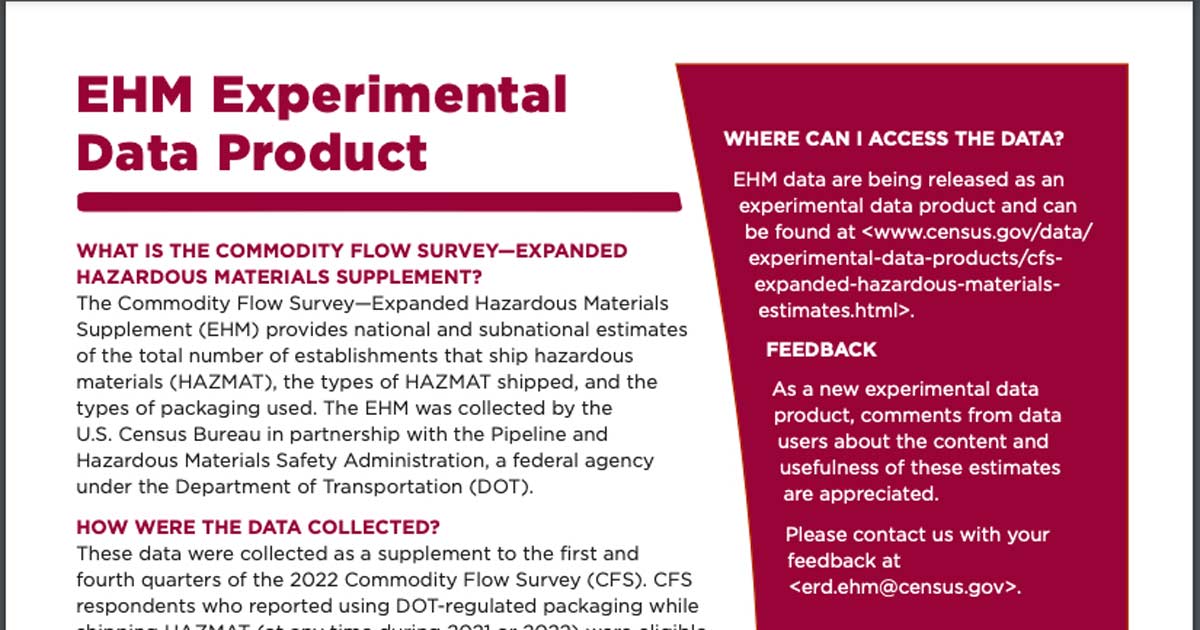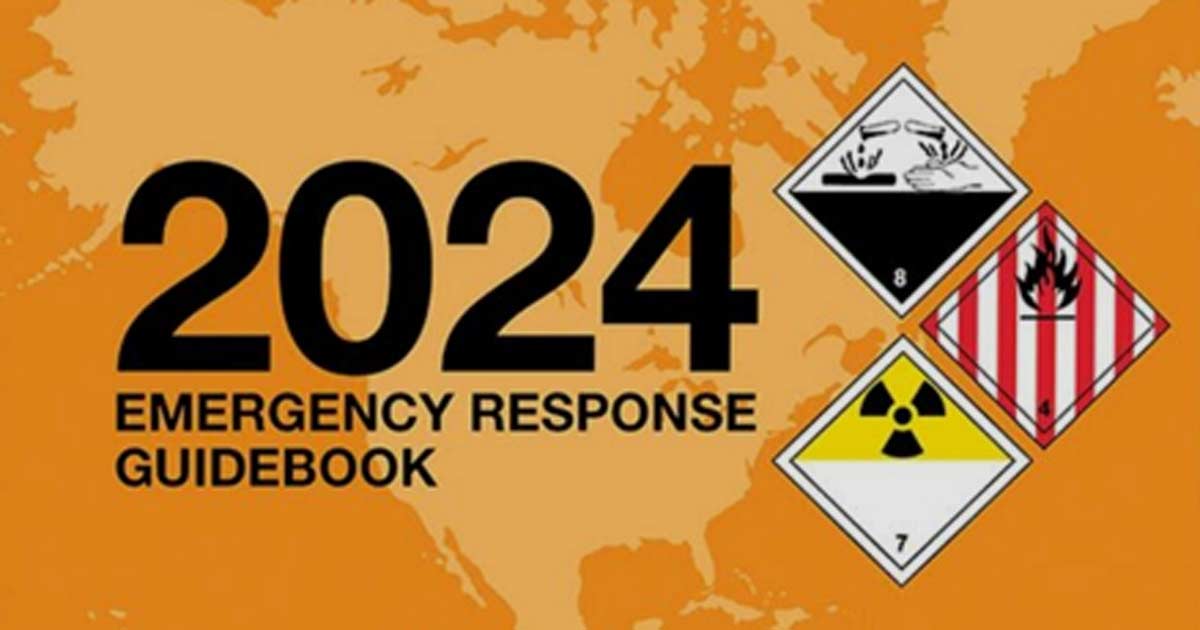Originally published on Tri City Herald
Fentanyl continues to be the deadliest drug in the Tri-Cities.
And federal, state and local law enforcement officials, school superintendents, health districts and community members are teaming up to educate the public through a series of forums, discussions and educational lessons about the dangers.
“We can never get the word out far enough,” William Hyslop, the U.S. Attorney for the Eastern District of Washington, said at a news conference in Kennewick on Thursday. “What we’re seeing here locally is this significant rise in fentanyl coming into the Tri-City area and into Spokane and Yakima and around Eastern Washington just in the last year or two.”
Federal officials unveiled the initiative in Spokane on Wednesday, before being joined by Kennewick police Chief Ken Hohenberg and Kennewick Superintendent Traci Pierce on Thursday.
Even with the information out in the public, Hyslop said parents and others continue to be unaware of the dangers facing their children.
“We were visiting with a set of parents yesterday, who lost their son who at a party took one pill and was killed,” he said. “They wished that they had known and they wished that others had known. So, yes, it has been a problem here in the Tri-Cities, but it’s a growing problem.”
The drug is 50 to 100 times more potent than morphine, according to the Centers for Disease Control and Prevention.
While people have been abusing fentanyl in the Tri-Cities for a few years, methamphetamine usually caused more deaths, while heroin was generally a more popular choice, said officials.
That started to change last year when Benton and Franklin counties saw 13 opioid-related deaths, including one infant. Most were caused by fentanyl.
Fentanyl continues to be the leading cause of overdose deaths in Benton County. So far it has led to the death of 18 people this year, twice the number caused by all other drugs combined, said Benton County Coroner Bill Leach.
A similar trend is showing up in Franklin County which has had about 10 deaths, many of them being a combination of meth and fentanyl.
While people most affected know fentanyl is a problem, they often deny that it will hurt them, Hohenberg said. He hopes that people with drug addiction problems will get help before it kills them.

DEADLY PRESENCE
Law enforcement officers have confiscated 114,000 fentanyl pills during four searches over seven months this year in the Tri-Cities.
Their tests showed about 20 percent of the pills had enough fentanyl in them to be lethal, said Keith Weis, the Drug Enforcement Administration’s special agent in charge for the Seattle Field Office.
The Tri-Cities has become a stopping point in the drug pipeline that starts in Mexico and runs into Washington, Weis said.

The issues with opioids started in 2008 with the increase of people selling oxycodone. That has decreased due increased regulation and educational efforts, but it has been replaced with growing criminal enterprises.
“In my 30 years in this business, fentanyl is the most dangerous narcotic that I have ever seen or faced in the streets of the United States,” Weis said.
Often the fentanyl is disguised as other drugs like baby asprin, Xanax or oxycodone.
They’re produced for as little as a dollar per pill in criminally-owned laboratories in Mexico with no quality control. They are sold for as much as $15 to $35 per pill.
“The profitability is huge,” he said. “This effort is a campaign to push that message at least get that information into the hands of the communities, of the parents, at the youth levels. Fentanyl can kill anybody.”
PROGRAMS PLANNED
Along with holding forums for parents and other community members, law enforcement wants to take their message into schools to talk about fentanyl and “why it’s so incredibly dangerous and why one pill can kill a student. Because one of the significant changes we are seeing is now it is getting into the high school and young adult populations,” said Hyslop.
They plan to meet with superintendents and other educators to pass on information about the deadly drug.
They’ve also held a virtual conference with hundreds of health care professionals earlier in October to share information about providing support during the pandemic.
They also launched a 12-week media awareness campaign across Eastern Washington called, “You Can Save Lives,” to help people spot the signs of counterfeit pills that might be loaded with fentanyl.
Other resources are available at www.getsmartaboutdrugs.gov.
▪ Agencies across the Tri-Cities are also holding their annual National Drug Take Back Day this Saturday.
The socially-distanced sites will take back any unused prescription medication without asking any questions 10 a.m. to 2 p.m. Locations are available at deatakeback.com.










